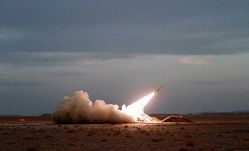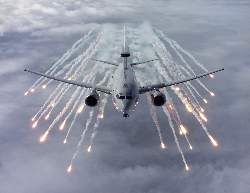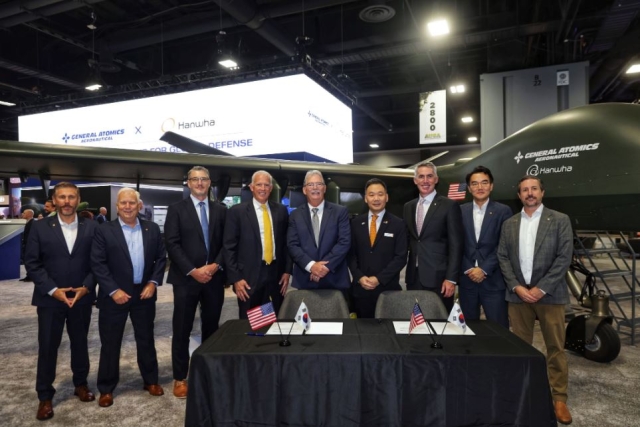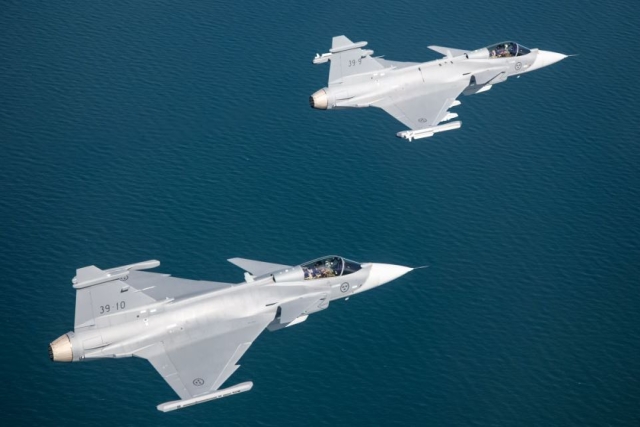Are US Sanctions Against Chinese, Russian Defence Firms Ineffective?

Turkey’s decision to select a Chinese missile manufacturer despite US opposition have underscored Uncle Sam’s inability to enforce military sanctions against Chinese companies. The US went against its own sanctions law to award Rosoboronexport of Russia a contract to supply helicopters to Afghanistan.
Turkish Defence Minister Ismet Yilmaz last week announced a decision to award a missile defense contract to China Precision Machinery Import and Export Corp (CPMIEC), a company currently under U.S sanctions.
China, for its part, has called the U.S outcry “unreasonable” and has asked the Obama administration to lift sanctions against five state-run companies prior to an upcoming meeting of the U.S.-China Joint Commission of Commerce and Trade. The give companies stand accused of conducting illicit arms sales to countries like Iran, Pakistan and Syria under various American legislations.
Beijing is also demanding that the U.S loosen controls on U.S exports of dual-use, civilian-military space and other defense technology.
The five companies under U.S sanctions are CPMIEC, Polytechnologies, Inc, the China North Industries Corp., known as Norinco, Kunlun Bank and Zhuhai Zhenrong Co.
In the early-2000’s, the U.S sanctioned Norinco, China’s largest arms exporter, after the company was linked to an arms smuggling racket in Burma, missile sales to Iran and explosives to Syria.
Pakistan also bought fiber optic gyroscopes used in missile guidance and telecommunications gear used in missile systems from Polytechnologies.
Polytechnologies was also connected with plans to sell production plant to produce chemical weapons, including nerve agents Sarin, Soman, and VX Chemical Weapons to Pakistan, according to France.
CPMIEC was found to be conducting high-technology weapons sales to Iran and Pakistan.
Turkey’s wish to procure guided missiles from China is a major win for the country despite US warning to break the deal. China beat the U.S. Patriot, the Russian S-400 and the French-Italian Eurosam Samp-T to win the Turkish contract last week.
Earlier this year, a top U.S commander in the Middle East admitted that sanctions against Iran were not working as expected.
Gen. James Mattis of Central Command told a Senate Armed Services Committee hearing in March that "nuclear industry continues” despite sanctions.
Interestingly US allies in NATO have not opposed the CPMIEC deal with Turkey with NATO itself commenting that as long as the purchase met NATO’s interoperability requirements, it did not matter where the equipment came from.










